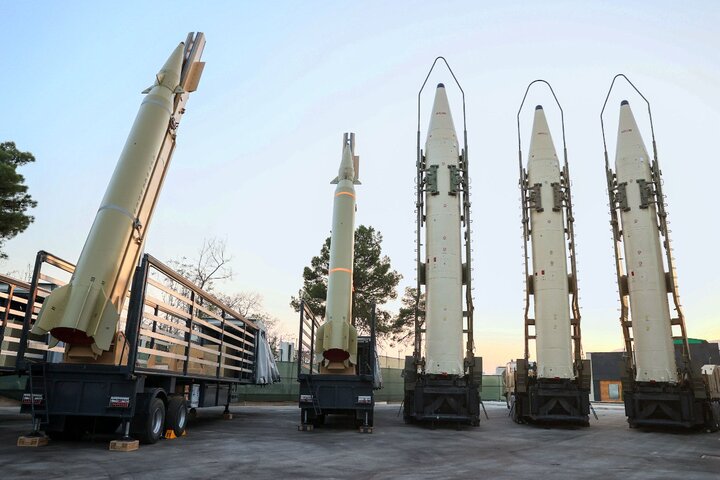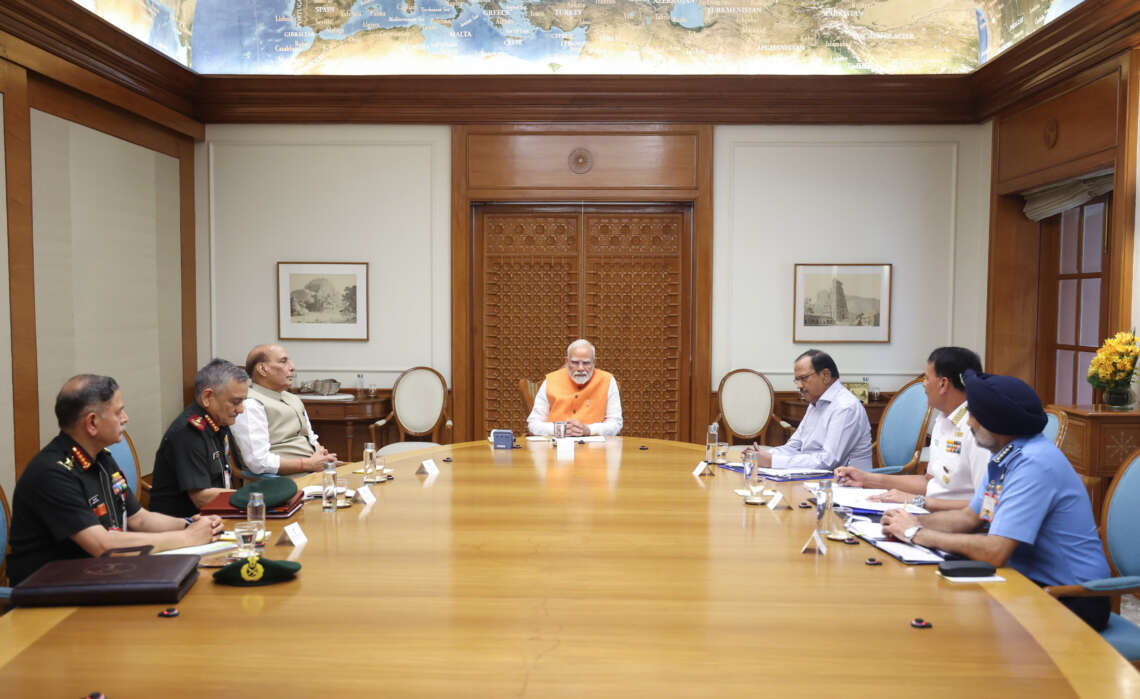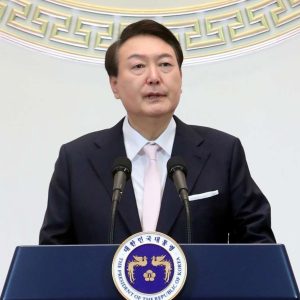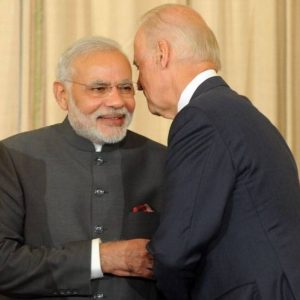The sanctions, which target six entities and six individuals, are focused on their involvement in procuring critical ballistic missile propellant ingredients for Iran’s Islamic Revolutionary Guard Corps (IRGC)
The United States has taken a significant step in its ongoing efforts to curb the proliferation of ballistic missile technology by imposing sanctions on a network operating between Iran and China. The sanctions, which target six entities and six individuals, are focused on their involvement in procuring critical ballistic missile propellant ingredients for Iran’s Islamic Revolutionary Guard Corps (IRGC). The US Department of State made the announcement on Tuesday, underscoring its continued commitment to limiting Iran’s missile development capabilities.
The sanctions specifically target a network responsible for facilitating the transfer of key materials, including sodium perchlorate and dioctyl sebacate, from China to Iran. These chemicals are crucial components used in the production of solid propellant rocket motors, which are integral to the development of ballistic missiles. Sodium perchlorate, in particular, is used to create ammonium perchlorate, a substance controlled by the Missile Technology Control Regime (MTCR), a multilateral agreement aimed at preventing the spread of missile technology.
In a press release, the US Department of State emphasized that these sanctions are part of the broader “maximum pressure” campaign aimed at curbing Iran’s missile programme. The sanctions also serve to disrupt the activities of the IRGC, which has been a major player in Iran’s military and missile development operations. The US has repeatedly expressed concern over Iran’s aggressive missile development, citing the potential risks to regional stability and international security.
“This action is part of our ongoing efforts to hold accountable those who seek to advance Iran’s ballistic missile programme, including their procurement of essential ingredients used for ballistic missiles,” stated a spokesperson from the US State Department. The spokesperson further stressed that the US will continue to pursue measures to isolate entities and individuals that support the IRGC and its missile development efforts.
Scott Bessent, the US Secretary of the Treasury, underscored the significant threat posed by Iran’s missile development to both the US and its allies. “Iran’s aggressive development of missiles and other weapons capabilities imperils the safety of the United States and our partners. It also destabilises the Middle East and violates the global agreements intended to prevent the proliferation of these technologies,” Bessent said in a statement. “To achieve peace through strength, Treasury will continue to take all available measures to deprive Iran’s access to resources necessary to advance its missile programme.”
The US has long voiced its opposition to Iran’s missile activities, viewing them as a direct challenge to regional security. In addition to the sanctions imposed on individuals and entities, the US has urged its allies and international partners to adopt similar measures and continue isolating Tehran diplomatically and economically. The sanctions also come as part of a broader strategy outlined in President Donald Trump’s National Security Presidential Memorandum of February 2025, which outlines the administration’s commitment to confronting Iran’s ballistic missile capabilities.
Iran’s missile programme has been a point of contention with several countries, particularly the US, which has accused Tehran of violating United Nations Security Council resolutions aimed at curbing missile development. Despite these allegations, Iran has continued to advance its missile capabilities, with some experts estimating that Iran has made significant progress in recent years in developing long-range missiles capable of reaching targets across the Middle East.
The US Department of Treasury’s focus on the procurement of ballistic missile propellant ingredients is a direct response to Iran’s continued efforts to develop missiles that could potentially threaten US interests and its allies in the region. The sanctions also serve as a warning to other countries and entities that may be involved in supplying materials to Iran for its missile programme.
In addition to the sanctions on Iran and China, the US has also targeted financial institutions and companies that are believed to be facilitating the transfer of these critical materials. These measures are part of a concerted effort to dismantle the infrastructure that supports Iran’s missile development and limit the country’s access to the resources it needs to continue its military advancements.
While the US has been adamant in its stance against Iran’s missile programme, the issue has also attracted global attention, with some countries calling for a more diplomatic approach. However, the US administration has made it clear that it will continue to apply economic pressure on Iran until it agrees to halt its missile development and abide by international norms.
The sanctions imposed on China are particularly noteworthy, as they highlight the role that Chinese companies and individuals play in facilitating Iran’s missile development efforts. The US has long accused China of turning a blind eye to the export of sensitive materials to Iran, despite international agreements designed to prevent such transfers.
In response to the sanctions, China has not yet issued an official statement. However, Beijing has consistently defended its trade relations with Iran, stressing that it is not in violation of international law. The sanctions on Chinese entities could further strain US-China relations, which are already tense due to ongoing trade disputes and geopolitical tensions.
The imposition of sanctions on Iran and China marks a significant escalation in the US’s efforts to curb Iran’s missile programme. As the US continues to apply pressure on Tehran, it remains to be seen how Iran will respond, and whether diplomatic efforts will play a role in resolving the ongoing tensions in the region.













